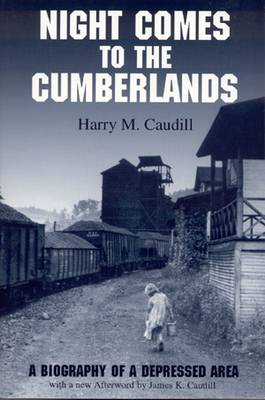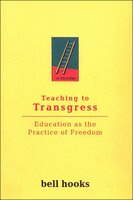Thursday and Friday took me to Kentucky via Tennessee and Virginia and back to Asheville. Whitesburg, Kentucky is the town embedded deep in a steep valley we visited to see Appalshop, the community-based film and arts collaborative founded by the student who brought design-build to Yale with Charles Moore back in the heyday of systems theory. Today he practices in Whitesburg very much unlike you would expect a pioneer or Yale alumnus to practice. The office is tight, packed, staffed with three or four locals, and layered with drawings, blueprints, old models, sketches, magazines, code books, goverment directories, modeling supplies, and office sundries. Whitesburg is the center of this:

the book that brought about the War on Poverty. Not long after is publication, President Johnson and Bobby Kennedy were trooping through Appalachia making promises, and thousands of idealistic students came to the poorest region in America to bring about change.
But what change? There was tenor of city-slicking sophisticates from the northeast bringing ridicule to a region where most felt decency and compassion was inherent. this is a classic regional war which in many ways continues today. Most of us are implicated in it even if we find it appalling. Stereotypes of Appalachian people are certainly among the most deeply-seeded. Appalshop sought reconciliation in one local battle in this war:

Hobart Ison kills Hugh O'Connor while filming poverty in Kentucky on his tenent's property. Permission was not the motive, but humiliation. Elizabeth Barret made the film at Appalshop, and her husband Harry (?) told us stories of meeting Hobart (as nice a guy as any but quick to temper).

I too often hear the poor ridiculed. I encountered it in elementary school where poor kids from the township across the road (literally, across the road) came to the city school where neighborhood affluence gave it the reputation of being the preppiest of all the elementary schools. It continues at Harvard. One reason this persists is because kids don't learn relationships between individuals, and merit too often abides with arrogance. Bell Hooks, influenced by Paulo Freire, writes on this in 'Teaching to Transgress.'
Did anybody know that our word 'radical' comes via Latin 'radicalis' meaning "having roots." I guess radicalism is nostalgic.
Appalshop
Stranger with a Camera
Kentuckians for the Commonwealth